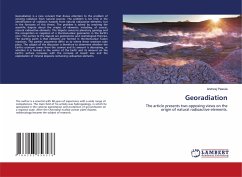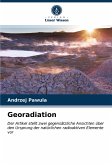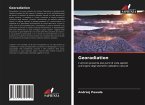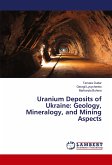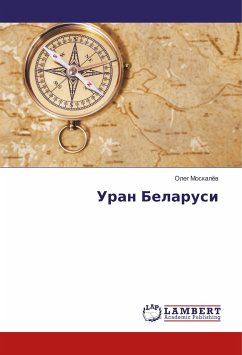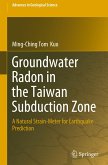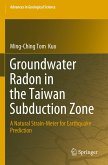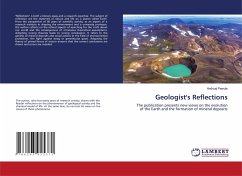Georadiation is a new concept that draws attention to the problem of ionizing radiation from natural sources. The problem is not only in the identification of radiation hazards from natural radioactive elements, but in the forecasts of this threat. The problem is solved by resolving the scientific dispute about the origins of elements, including, of course, natural radioactive elements. The dispute concerns planetary geology and the recognition or negation of a thermonuclear georeactor in the Earth's core. The parties to the dispute are geotectonic and cosmological theories. The starting point is that elements are formed in thermonuclear fusion reactions. The parties' arguments differ as to where these reactions take place. The subject of the discussion is therefore to determine whether the Earth's uranium comes from the cosmos and its amount is decreasing, or whether it is formed in the center of the Earth and its amount on the Earth's surface increases with the increase of basalt lava and the exploitation of mineral deposits containing radioactive elements.
Bitte wählen Sie Ihr Anliegen aus.
Rechnungen
Retourenschein anfordern
Bestellstatus
Storno

